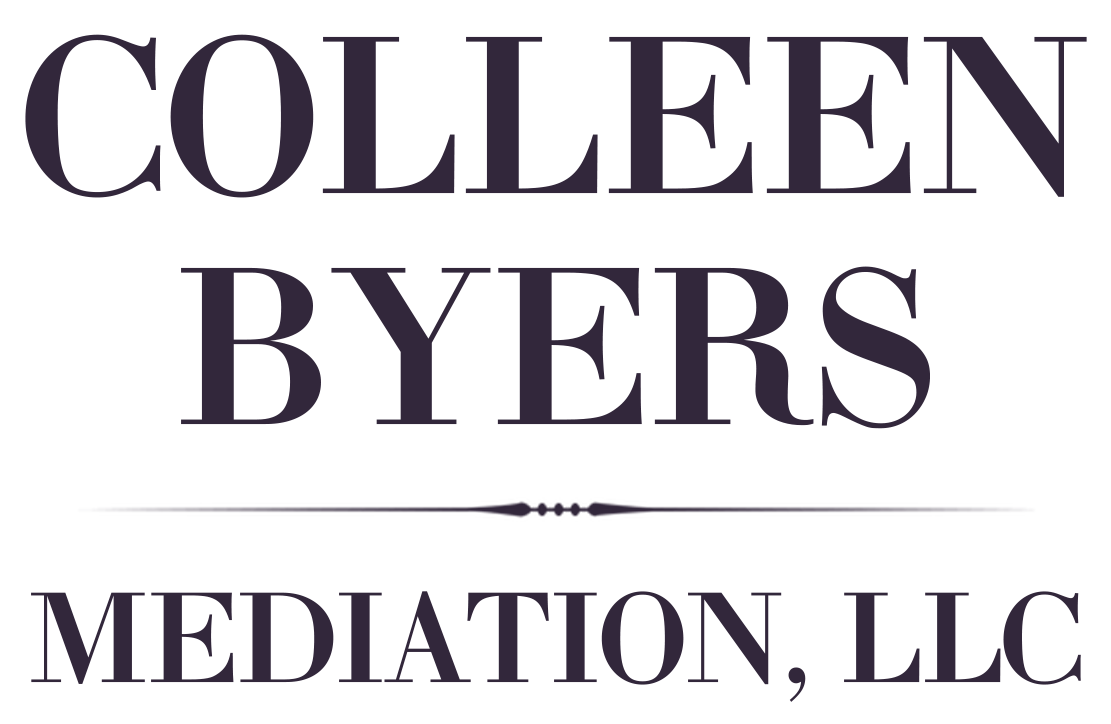By Colleen Byers
•
January 8, 2025
What Attorneys and Mediators Need to Know On December 11, 2024, the North Carolina Supreme Court approved a series of important amendments to the Mediation Rules and Standards of Professional Conduct for Mediators. Effective on January 6, 2025, these changes impact key aspects of mediation practice in North Carolina. Below is a summary of some (although not all) of the recent amendments to the Standards of Professional Conduct for Mediators, and the Mediation Rules governing settlement procedures in Superior Court, Family Financial, and Clerk of Court matters. For comprehensive redlines to each rule set, visit https://www.nccourts.gov/news/tag/general-news/supreme-court-amends-mediation-rule-sets Superior Court Mediation Amendments New Mediator Designation Forms See Rule 2(a) & (b) There are now two separate forms for mediator assignment, depending on whether the mediator is party selected or court appointed. One form entitled Designation of Mediator By Agreement of Parties in Superior Court Action and Order of Appointment (AOC-CV-812) is for parties to designate a mediator of their choice, while the other form entitled Appointment of Mediator by Court Order in Superior Court Civil Action (AOC-CV-840) is for requesting a court-appointed mediator or for court staff to file a mediator appointment where the parties have been unable to agree on the selection of a particular mediator. It is important to note that in order for any of the parties to designate a mediator of their choice, all parties, including but not limited to unrepresented parties, must agree to designate said mediator. If all parties have not expressed agreement to designate a particular mediator, then the parties and/or their counsel must use AOC-CV-840 to ask the court to select a mediator. Attorney Signatures Removed from Mediated Settlement Agreement See Rule 4(c) & Rule 10(c)(9)(b) The requirement for attorneys to sign the final settlement agreement, alongside their clients, has been removed. Updates to the form Mediated Settlement Agreement (AOC-DRC-15 and AOC-DRC-16) are anticipated so be sure to use the most up to date forms in your mediations. Party Designee Signature See Rule 4(c)(4) A clarification was made regarding the ability of a designee to sign on a party's behalf if the party does not attend the conference in person . A designee may sign the agreement on behalf of a party only if the party does not attend the mediated settlement conference in person and the party provides the mediator with a written verification that the designee is authorized to sign the agreement on the party’s behalf. The Dispute Resolution Commission’s Advisory Opinion AO 42 provides mediators with further guidance when a designee wishes to sign for a party who does not attend the mediation in person. Substitution of Mediator See Rule 7(c) The form used to request mediator substitution by mutual consent of all parties has now been linked directly to Rule 7(c) (AOC-CV-836). This makes the substitution process more efficient and standardized. Family Financial Mediation Amendments New Mediator Designation Forms See Rule 2(a) & (b) Just like the Superior Court Civil Actions, the process for assigning mediators in family financial cases has been updated with two new forms. One form (AOC-CV-825) allows for party-selected mediators, and the other (AOC-CV-841) is used to request a court-appointed mediator. Substitution of Mediator See Rule 7(c) The same update regarding mediator substitution applies here as in the other rules, with the relevant form (AOC-CV-836) linked directly to this rule. Clerk of Court Mediation Amendments New Mediator Designation Forms See Rule 2(a) & (b) Similarly to the other updates, the process for assigning mediators in matters before the Clerk of Superior Court has been divided into two forms. One form (AOC-G-302) is used for party-selected mediators, while the other (AOC-G-314) is used to request court-appointed mediators. Attorney Signature Removal See Rule 4(b) As in the other rules, the requirement for attorneys to sign the final agreement with their client has been removed from Rule 4(b). Mediator Confidentiality Amendment Exception to Confidentiality See Standard 3(d)(2) This amendment creates an important exception to the general rule of confidentiality in mediation. Specifically, it allows a mediator to testify, give an affidavit, or tender an agreement if required not only by a statute (as previously excepted) but now also by a mediation rule promulgated by a state or federal agency. The change clarifies that a mediation rule also serves as the basis under which a mediator may be compelled to breach confidentiality. Summary: What You Need to Do As of January 6, 2025, the new and updated forms should be available for use at www.nccourts.gov, and it is important to ensure your practice aligns with these amendments. The most notable changes include the following: Two different mediator designation forms, Attorneys do not need to sign the settlement agreement, and Revised mediator substitution form.





